Feeding seaweed to cows could slash the amount of climate change-inducing methane emissions from their burps.
Preliminary research has indicated a small amount of marine algae added to cattle food can reduce methane emissions from cattle gut microbes by as much as 99 per cent.
Now, scientists in California are hoping to help farmers meet strict new emissions targets by performing the first ever tests of seaweed feed in live dairy cows.
While their early results are yet to be released, team leader Professor Ermias Kebreab at the University of California, Davis, said their initial experiments were “very surprising and promising”.
“Results are not final, but so far we are seeing substantial emission reductions,” he said.
“This could help California’s dairy farmers meet new methane-emission standards and sustainably produce the dairy products we need to feed the world.”
Cow digestion relies on millions of microbes in their guts processing and fermenting high-fibre foods.
This process allows the animals to survive on a diet of grass, but it also produces large quantities of methane – a gas responsible for around a quarter of man-made global warming.
Cattle constantly burp and emit the methane being produced in their stomachs. The gas can also be expelled from their rear ends and from manure, but to a lesser extent.
Science news in pictures
Agriculture is a major contributor to greenhouse gas emissions, and around a third of the emissions from the sector are thought to come from livestock producing methane.
In an attempt to curb this source, California has introduced regulations calling for dairy farmers to cut methane emissions from their 1.7 million cows by 40 per cent over the next decade.
Achieving this goal will require drastic solutions, and Professor Kebreab thinks seaweed could be one of those solutions.
“Since much of a dairy’s methane emissions come from the animal itself, nutrition can play a big role in finding solutions,” he explained.
“The numbers we’re seeing are amazing – well beyond the target that farmers will need to reach.”
In the university’s barns, Professor Kebreab and his team have been testing an algae diet on 12 dairy Holstein cows, and intend to widen their experiments to include more cattle this summer.
To produce feed that the cows enjoy, the researchers cut a small amount of red seaweed with cattle feed and molasses.
Cows are then taken to a device four times a day that measures the amount of methane in their breath as they eat.
The work builds on initial studies carried out in 2015 by a team of Australian researchers that indicated a small amount of seaweed practically eliminated methane emissions from cow gut microbes in lab conditions.
A compound found in some seaweed disrupts enzymes used by the microbes to produce methane.
Lisa Murray's climate change photography
So dramatic were the results that the scientists thought their instruments must be broken and decided to run the tests again to confirm the 99 per cent drop was real.
While these figures were clearly promising, before new feeds can be rolled out in farms around the world scientists must first rigorously test them in livestock.
Dietary supplements for cows have been known to end in disappointment after showing great promise in the lab – including curry extracts trialled by a team of British scientists that failed when the animals rejected the foodstuff.
“We have much more research to do to determine if seaweed supplements could provide a viable, long-term solution,” said Professor Kebreab.
“But we are very encouraged by these early results.”
Seaweed is an appealing supplement not only because of its gas-limiting effects, but because it is so easy to grow. Seaweed cultivation can be undertaken without land, fresh water or fertiliser.
Irish farming organisations and politicians have already called for more research into seaweed as livestock feed, citing the island nation’s ample supplies of marine algae.
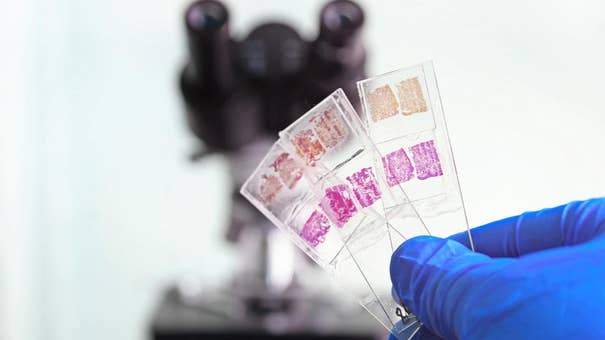
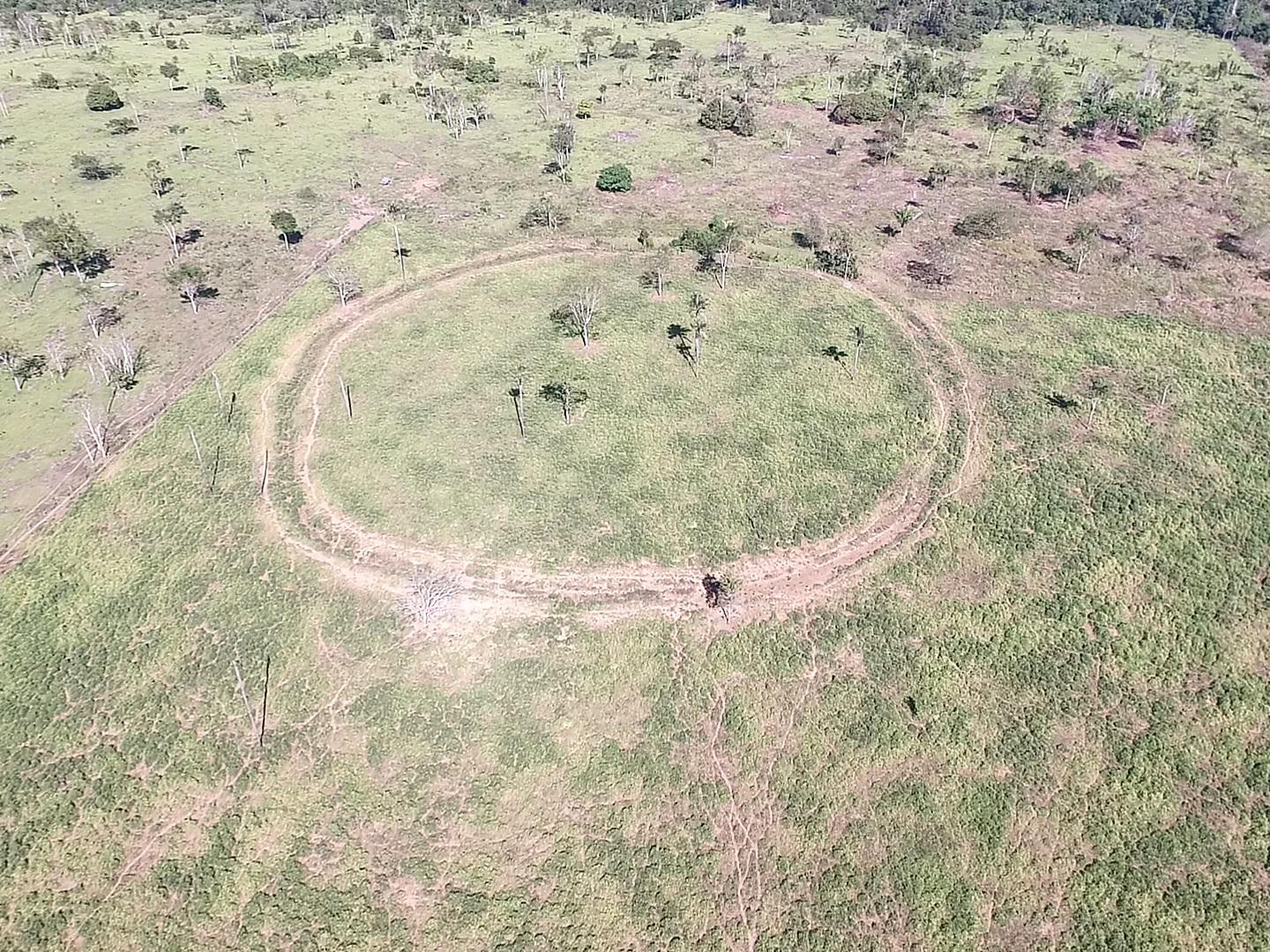
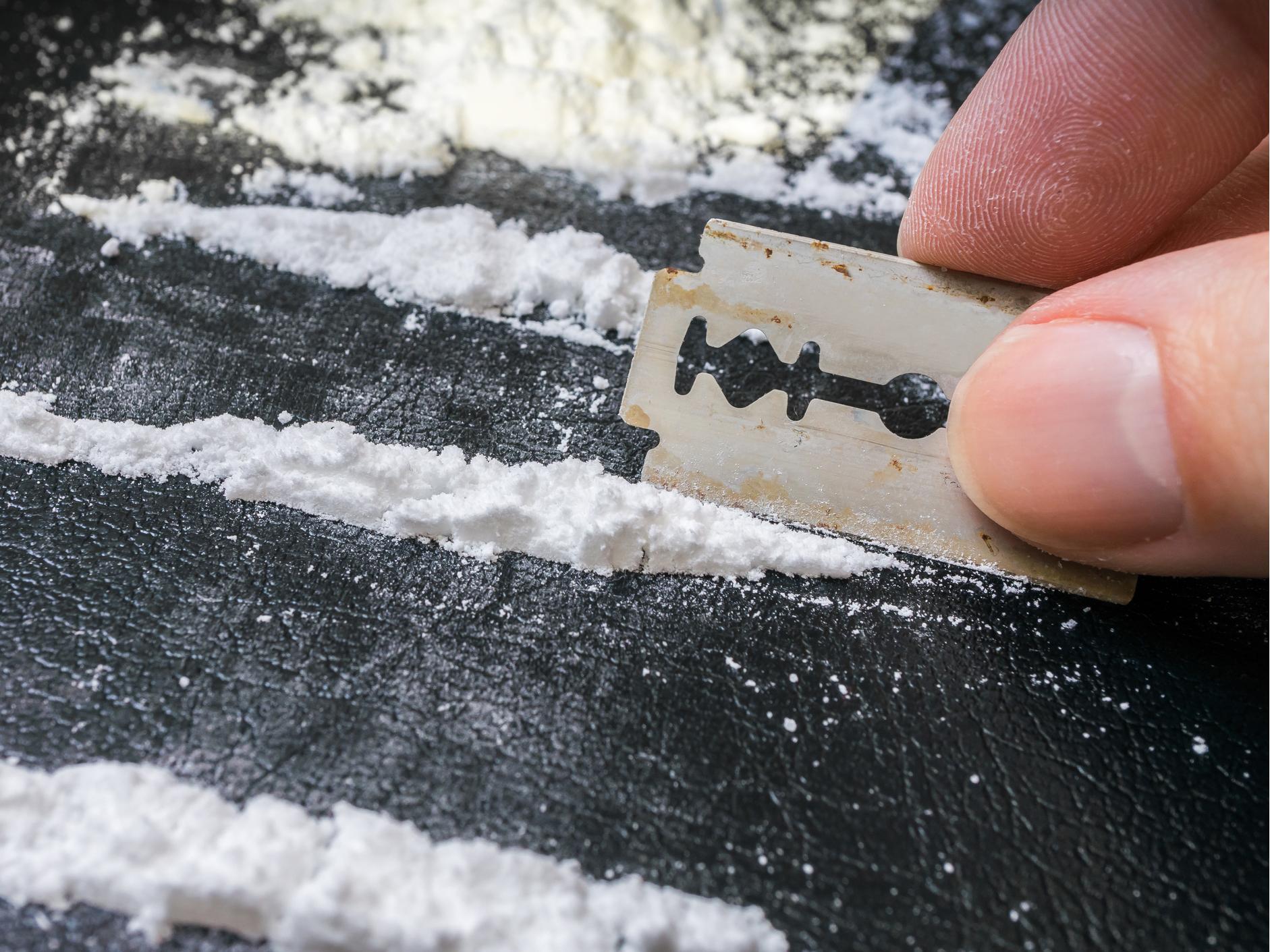
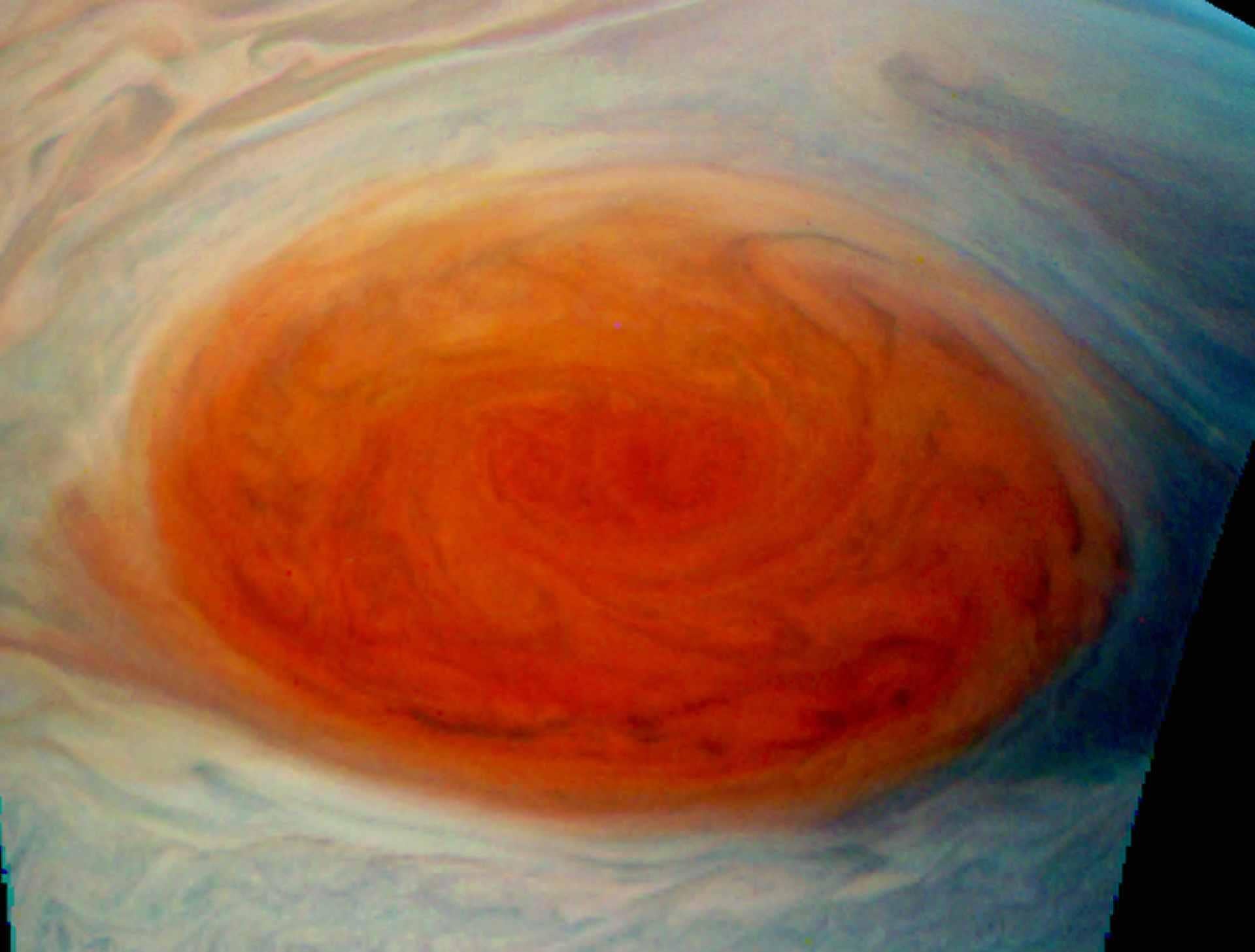
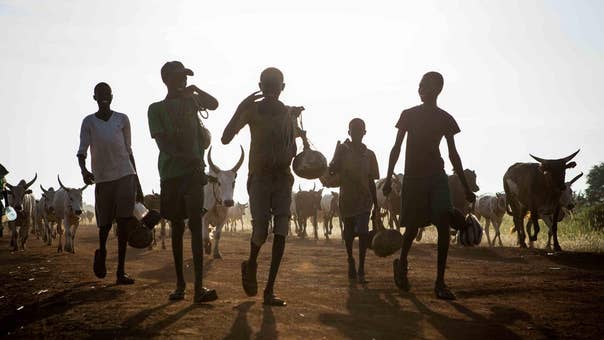
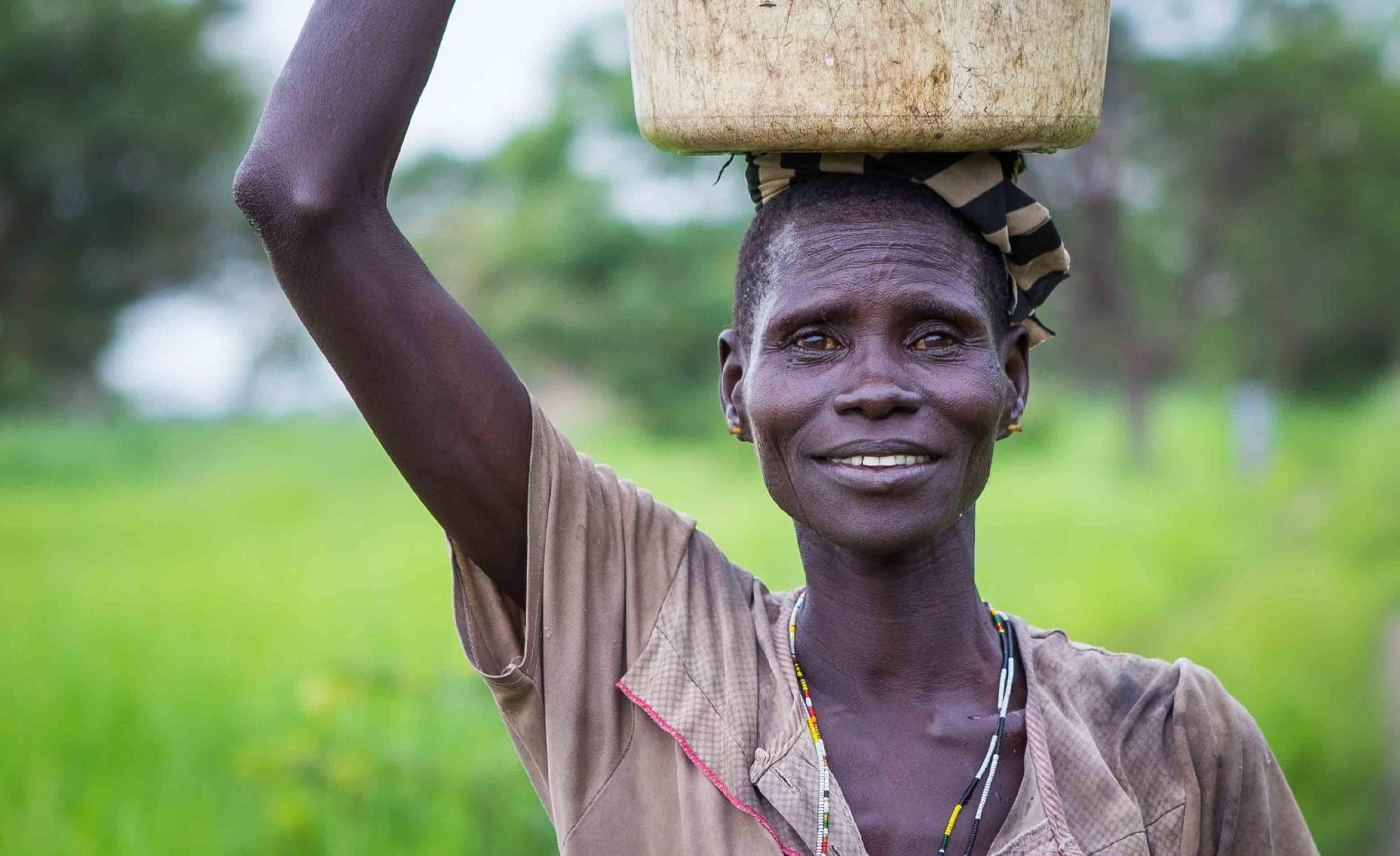
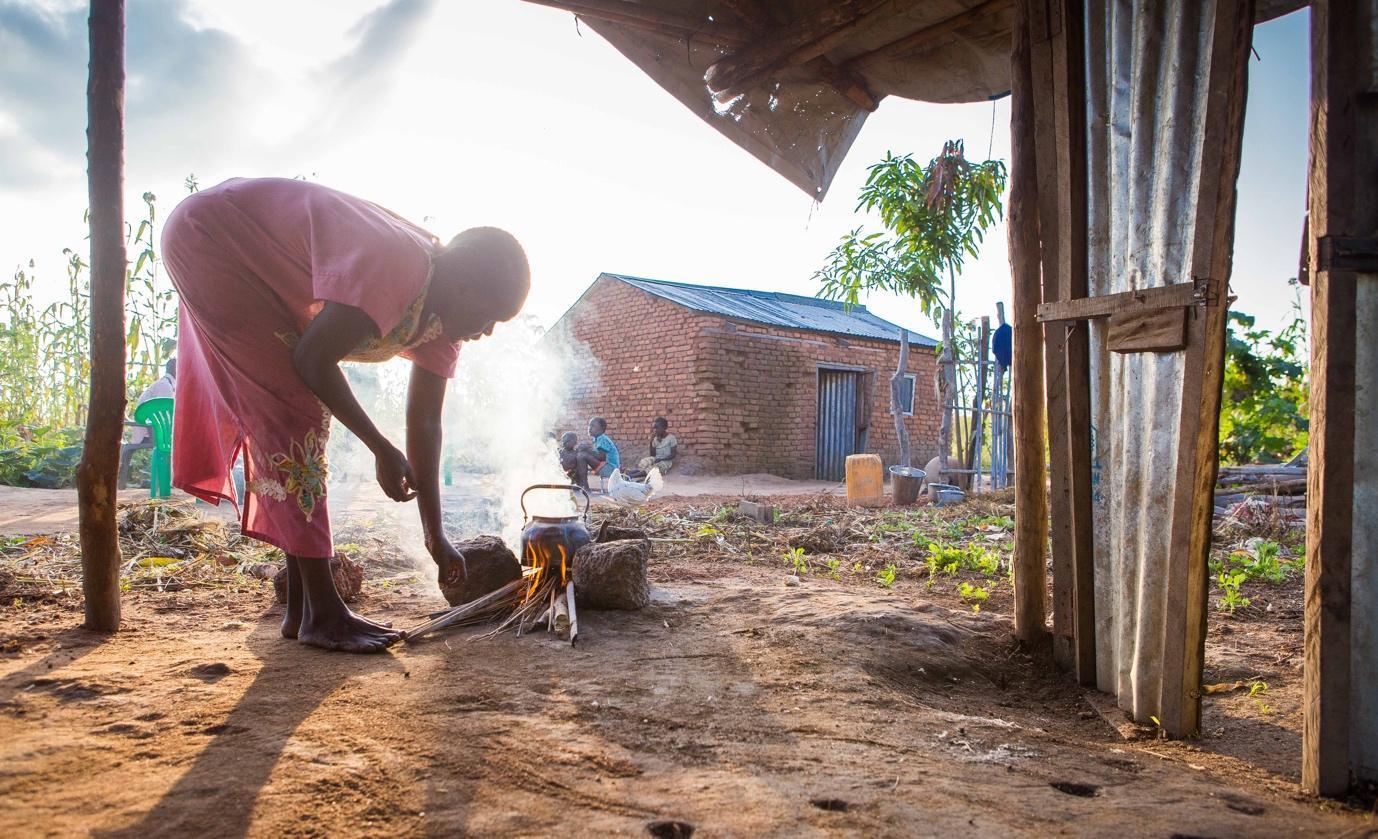

沒有留言:
張貼留言